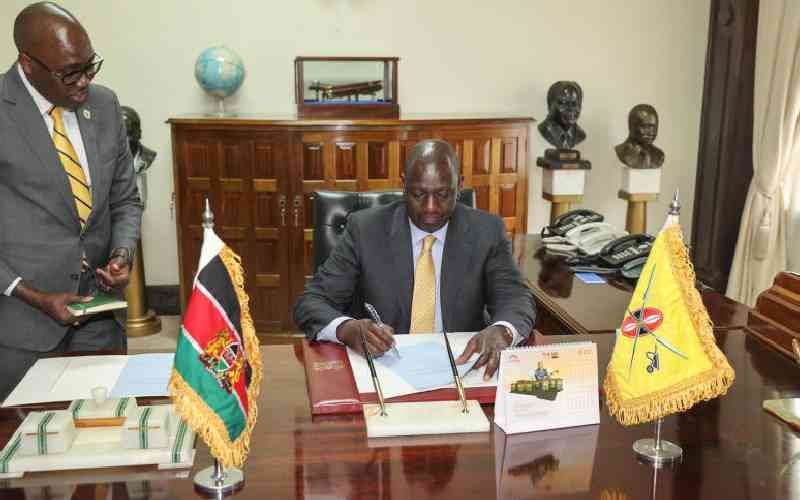
Towards the end of the year 2022, we have been treated to the intrigues on how the will of the people would have been subverted only for the IEBC Chair to take an unpopular stand and declare William Ruto and Rigathi Gachagua as President and deputy respectively.
The issue of whether the election was free and fair has been put to bed. Now comes the part where Kenyans want the promises made during campaigns translated into action. Most of their feedback is on social media and as the idiom describes the fly on the wall, I qualify to summarise their feedback herein as well as share my ideas and solutions to the problems brought forth.